- 26 Posts
- 8 Comments
- chobeat@lemmy.mlto
 ·5 months ago
·5 months agothey are also doing a whole flavor just for research-oriented social media, geared towards the OpenScience community and the academia in general. It will launch soon.
Then they have a whole set of collaboration tools and groupware, that now kinda incorporates the basic features of Trello and GitHub, but on top of a social media with granular permission systems. There the use cases are many more, but it's also much more general-purpose than the research flavor. I think the end-game would be to have a platform that acts as a middleware and connect social life, gift-based collaboration, work and consumption in a single open platforms.
I also wrote an article envisioning a federated notion-like tool built on top of Bonfire, that clearly would allow to structure knowledge and implement no-code software on top of Bonfire, but clearly this would require a disproportionate effort for what the project is at the moment: https://fossil-milk-962.notion.site/Fractal-Software-for-Fractal-Futures-71e515597d6b424c994cae74f3341521?pvs=4
- chobeat@lemmy.mlto
 ·5 months ago
·5 months agoto a reasonably large audience
That's a measure of success that makes sense only in a for-profit, growth-oriented environment. Software just has to be sustainable and "bigger" doesn't necessarily imply "more sustainable.
That said, what is now possible with social media is extremely restricted and our idea of what a social media is is constrained by profit motives. Social media could be much more, connect humans for collaboration and exchange instead of data extraction. We are so used to the little crumbs of positive experiences on social media that we normalized it.
Bonfire, for example, if we want to stick to the fediverse, is trying to challenge this narrative and push the boundaries of what a social media is supposed to do.
Another space would be non-siloed notion-like tools.
Anothe entire can of worms would be to go beyond the "dictatorship of the app" and start building software and UX around flexibility and customizability for the average user, rather than keeping this a privilege for tools targeting power users. Flexibility in UX means harder trackability and less CTR, so most end-user "apps" avoid that.
- chobeat@lemmy.mlto
 ·5 months ago
·5 months agoNo more "alternatives" please. That formula has failed over and over again. We want software that can do what proprietary platforms do not pursue because it's not profitable. Online spaces to build meaningful connections, have interesting conversations with like-minded people, discover new things, be free from trolls and toxicity, possibly without the guilt of polluting the hell out of this planet with hardware and excessive electricity consumption.
- chobeat@lemmy.mlto
 ·8 months ago
·8 months agoThank you, you're right ^^
In the picture you can see organizations moving in the public sphere around AI. On the left you have right-wing and libertarian think tanks, corporations and frontline actors that fuel a sense of panic around AI, either to sabotage their business competitors or to leverage this panic to project an idea of being sellers of a very powerful tool while at the same time deflecting responsibility. If the AI is dangerous and sentient, you won't care much about the engineers behind.
On the right you have several public orgs or NGOs operating in the field of algorithmic accountability, digital rights and so on. They push the opposite of the AI panic, pointing the finger at the corporations and powers that create and govern AI
Right now the whole model of generative AI and in general LLM is built on the assumption that training a machine learning model is not a problem for licenses, copyright and whatever. Obviously this is bringing to huge legal battles and before their outcome is clear and a new legal pratice or specific regulations are established in EU and USA, there's no point discussing licenses.
Also licenses don't prevent anything, they are not magic. If small or big AI companies feel safe in violating these laws or just profit enough to pay fines, they will keep doing it. It's the same with FOSS licenses: most small companies violate licenses and unless you have whistleblowers, you never find out. Even then, the legal path is very long. Only big corporate scared of humongous lawsuits really care about it, but small startups? Small consultancies? They don't care. Licenses are just a sign that says "STOP! Or go on, I'm a license, not a cop"
- chobeat@lemmy.mlto
 ·2 years ago
·2 years agoEsiste ssb (mai provato) e Aether (provato, lento come la morte). Il problema forte, come con la federazione, è che la differenza architetturale porta ad un'esperienza utente molto diversa e degradata rispetto ad architetture centralizzate. Se per il download di file un protocollo P2P non fa tanta differenza, per cose più interattive tipo il web e i social network la differenza è tanta, relegando questi protocolli ad esperimenti tecnici senza la minima trazione sul grande pubblico. La federazione è una via di mezzo, dove c'è qualche vaga speranza che il tradeoff tra usabilità e controllo sia vantaggioso per qualcuno, ma con i protocolli P2P sembra molto improbabile.











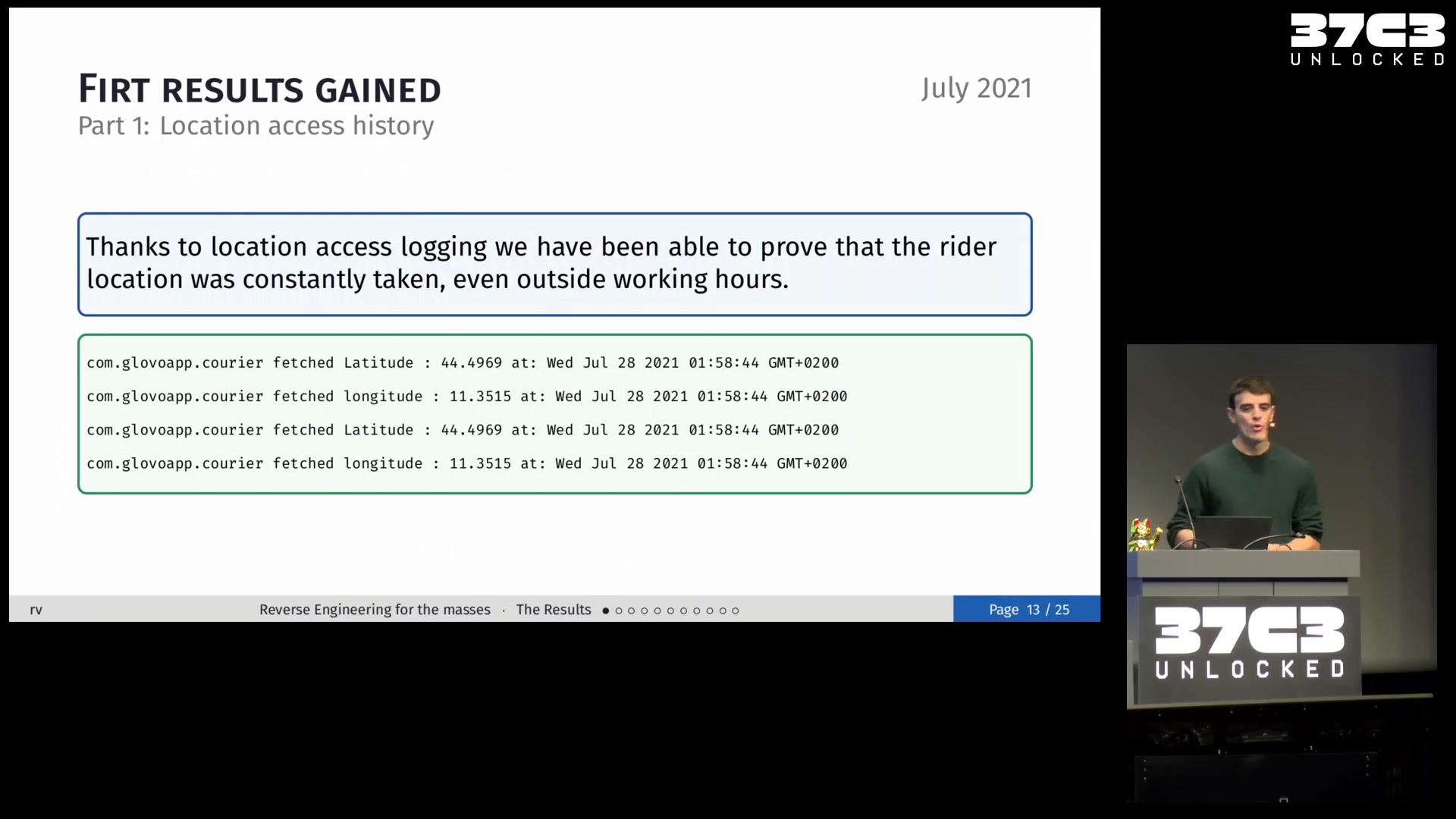




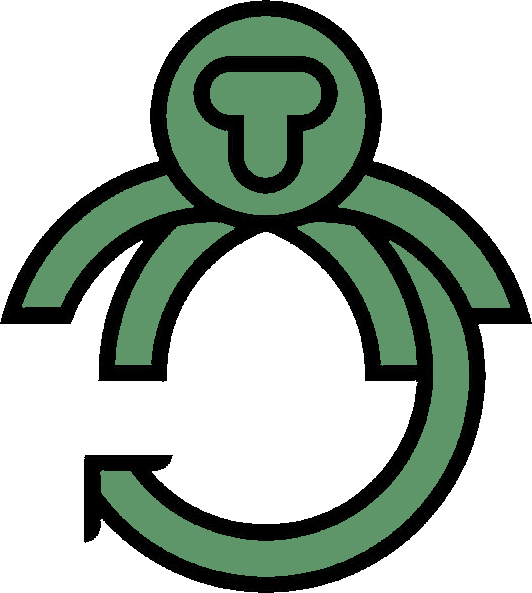

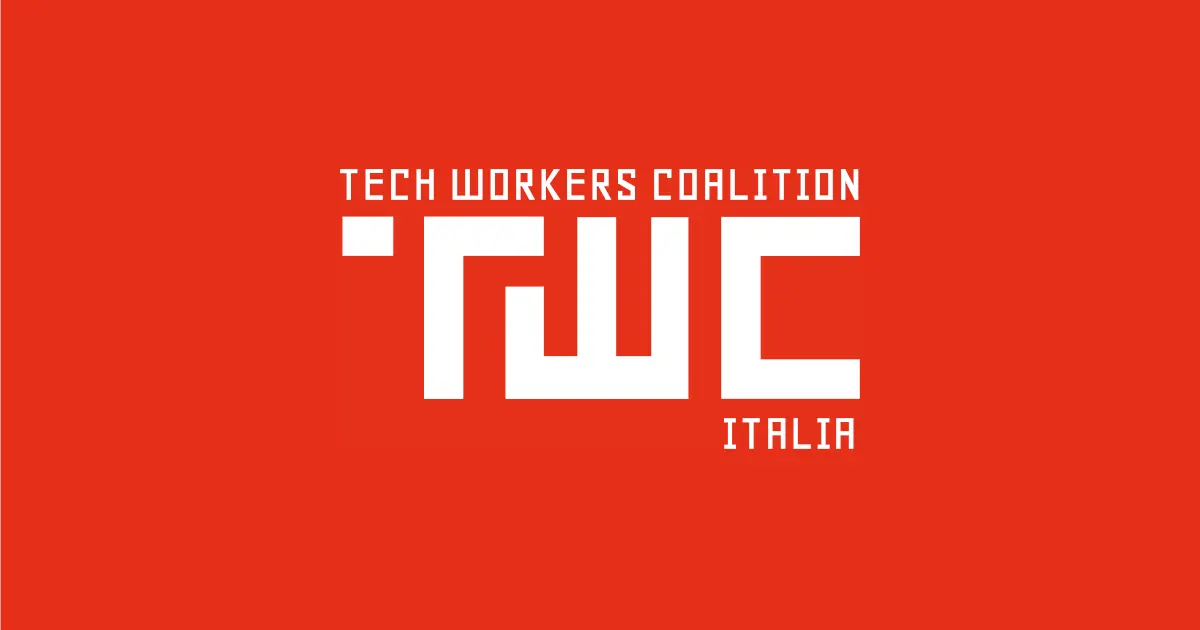

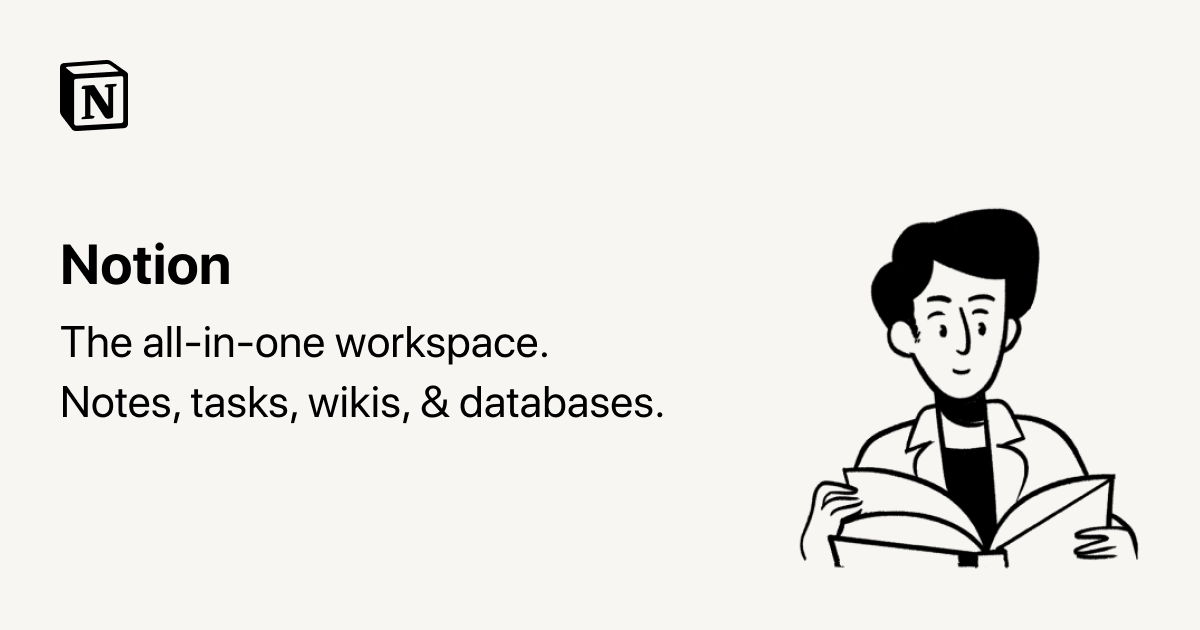

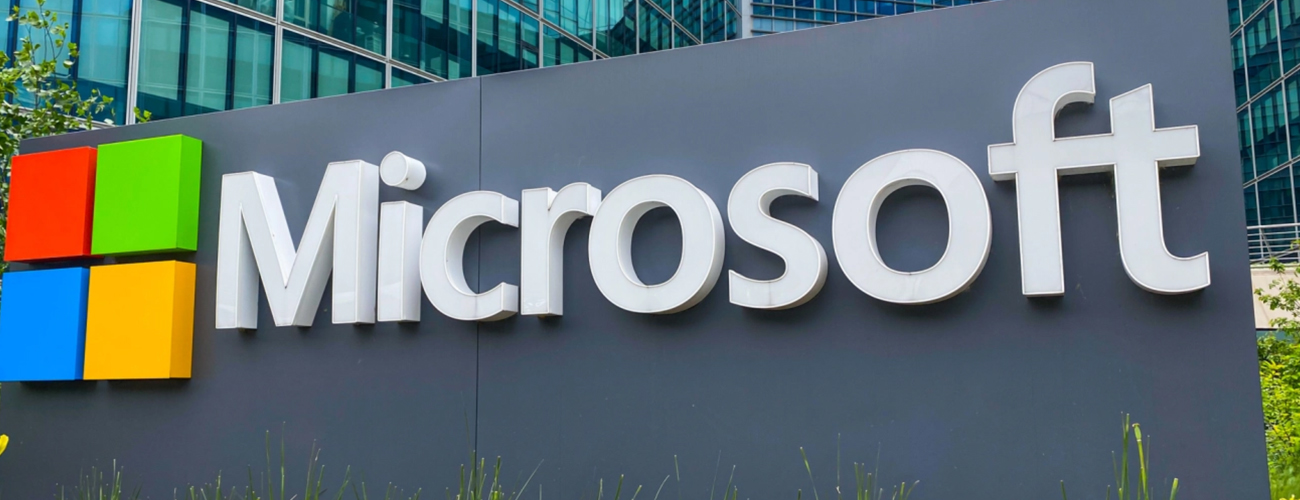

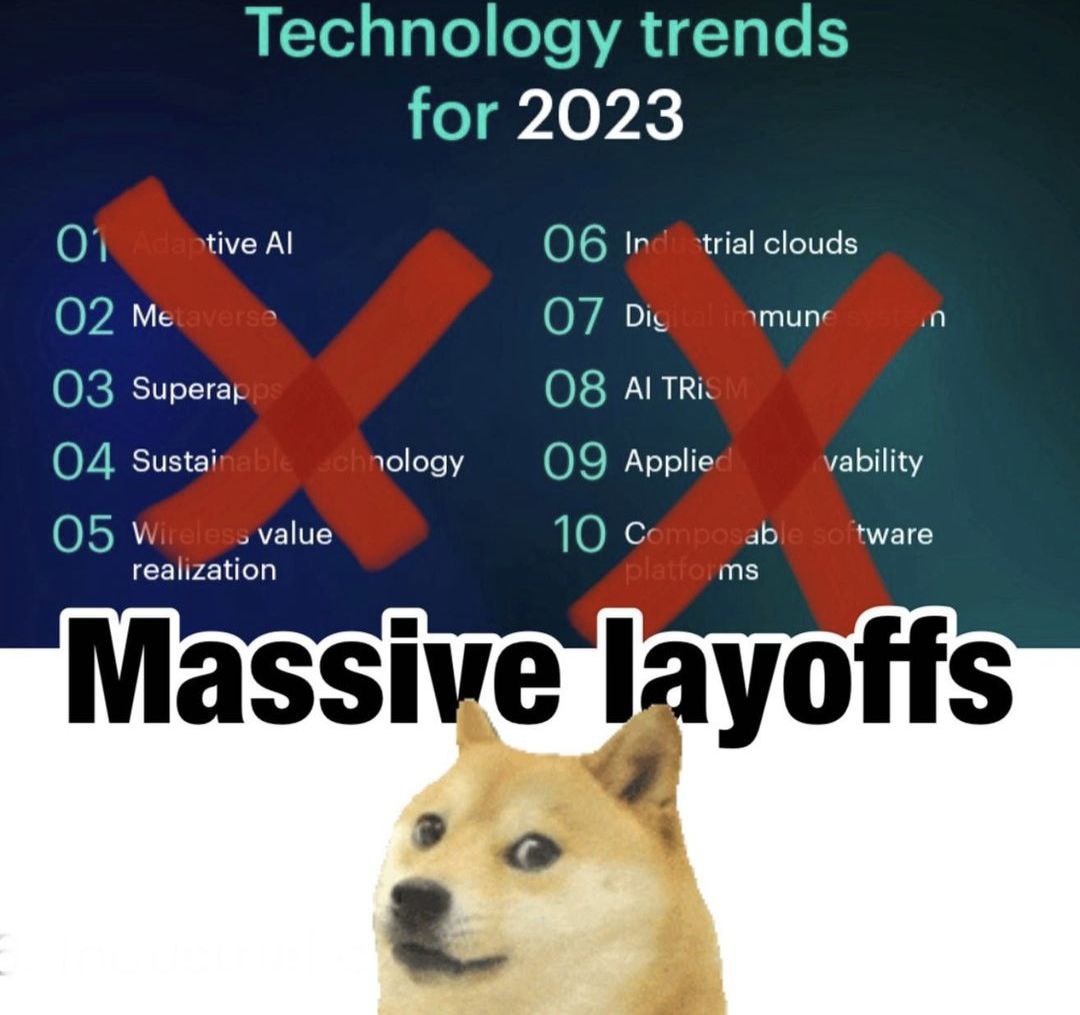
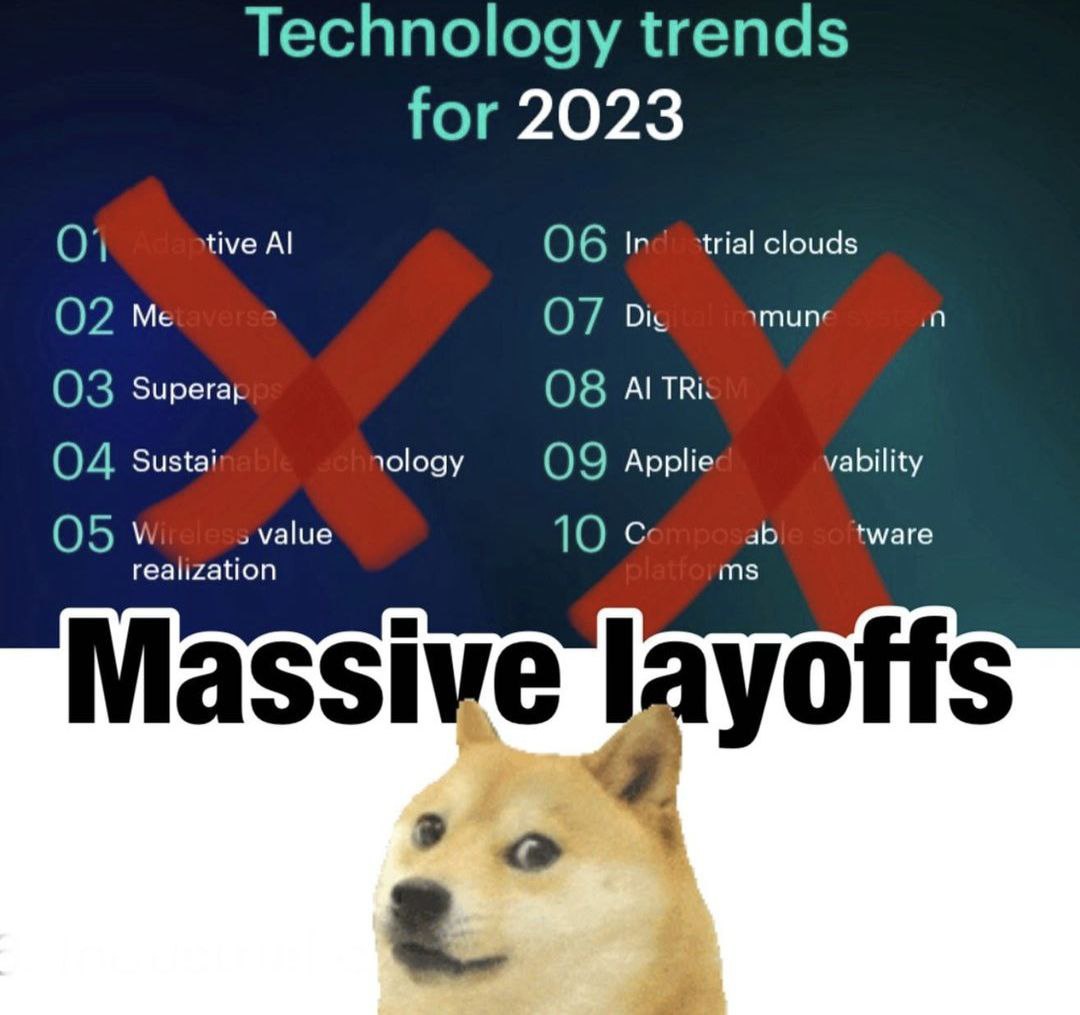
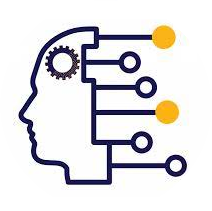
dude, we should have gotten to 0 emissions yesterday to prevent global ecological collapse. Any year in which we keep emitting at this rate, it's millions of preventable deaths in the years to come.
What is happening is that any renewable development slightly lowers the price of energy and so energy consumption increases, because there are no meaningful degrowth policies in place. This is a complete failure for the ideology of transition and for humankind as a whole.